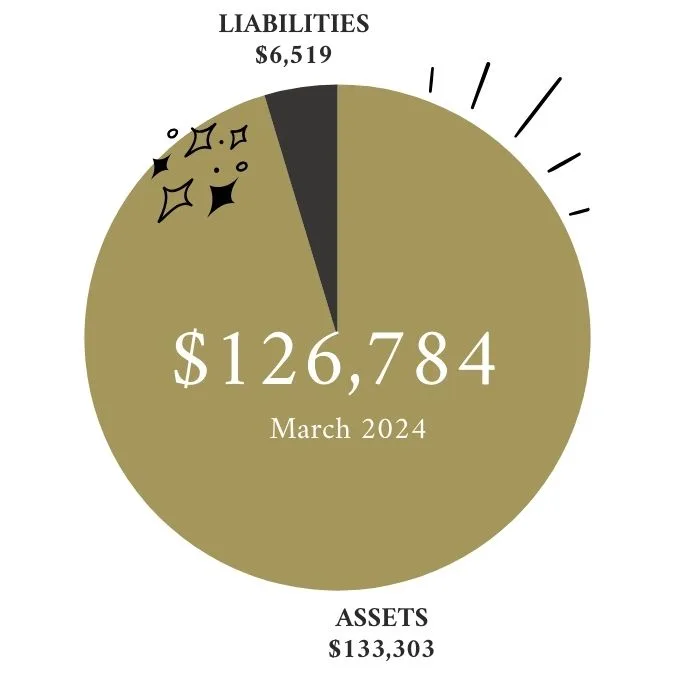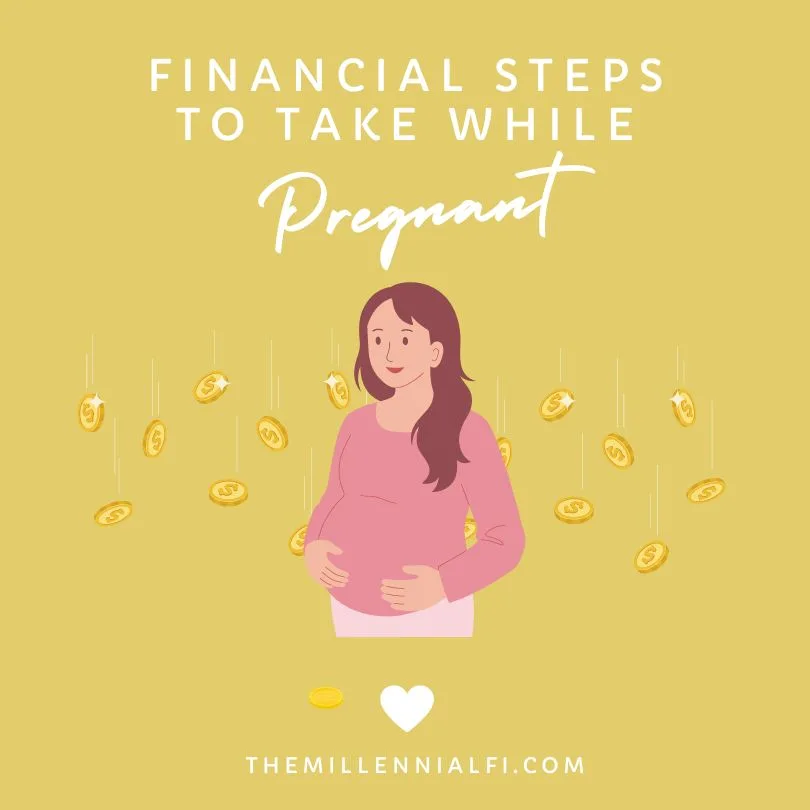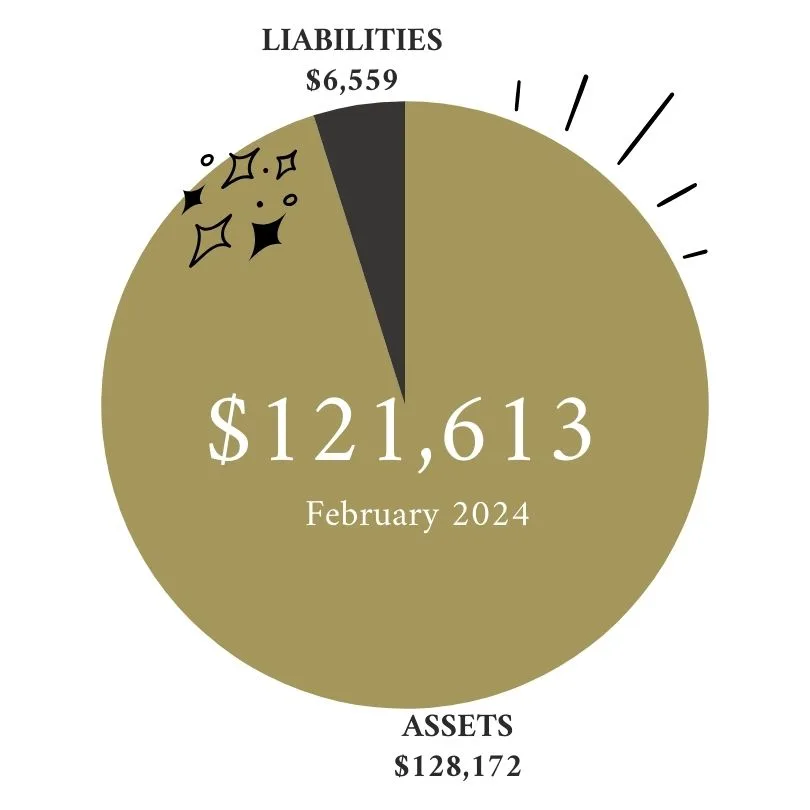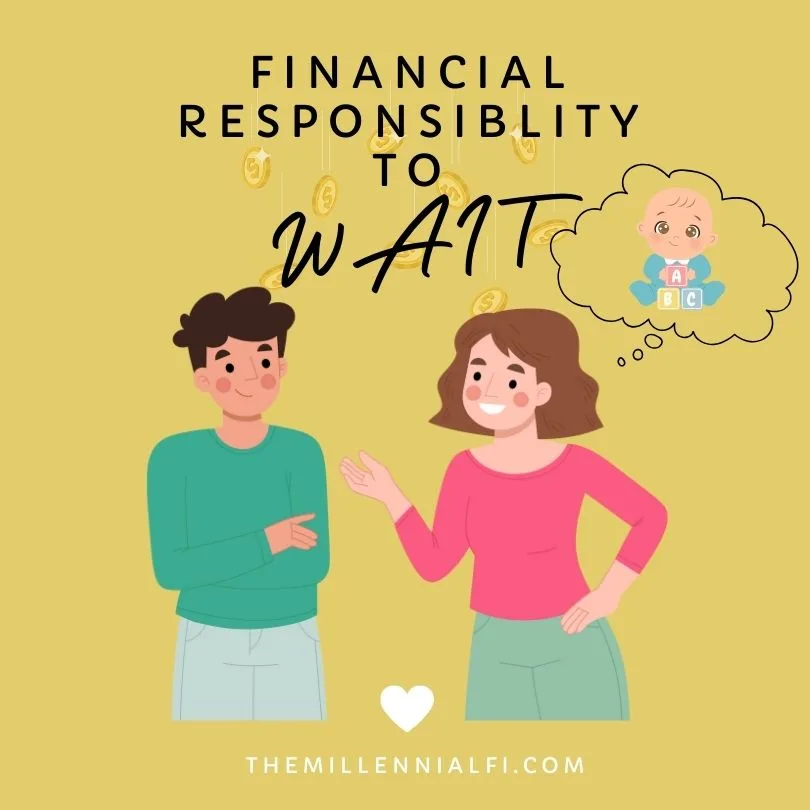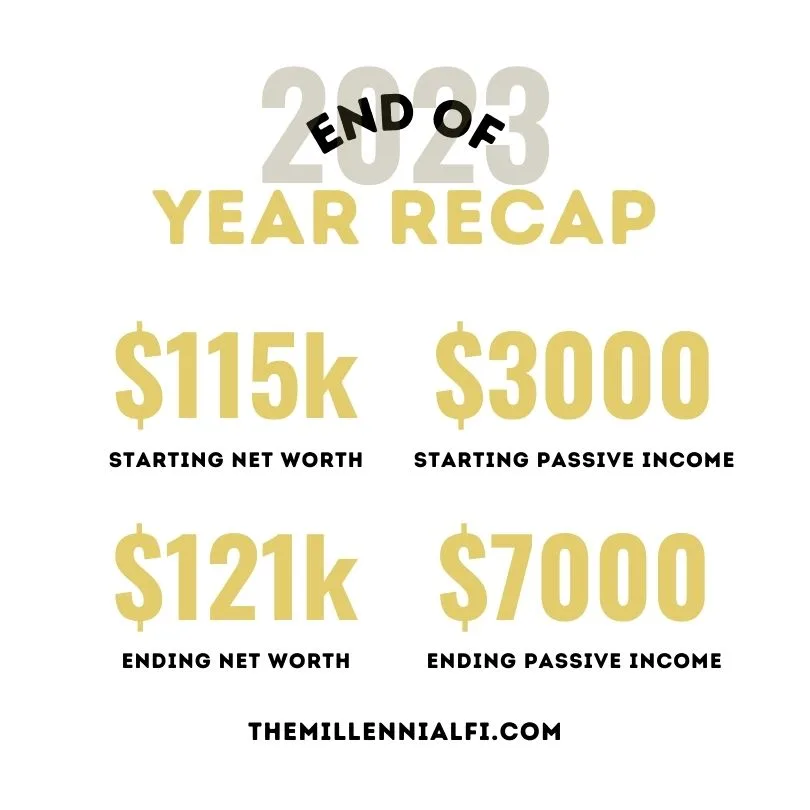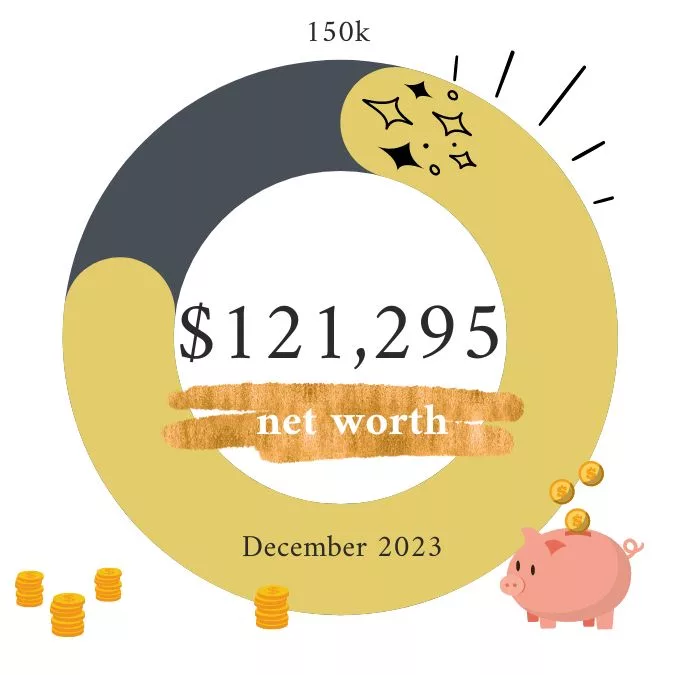As mentioned in a previous post, we normally participate in No Spend November. This year however, we are participating in No Spend September. The beauty of the No Spend Challenge is it can be completely in any month. Think a month is too daunting? Easy, make it a No Spend week.
Why the change? That will be revealed in a future post next month. Basically we have some larger purchases that must take place in November to score better deals during holiday sale. Why pay the book value when we can get a decent 30%+ discount?
No Spend is more than just not spending, it’s about being smart with how and when we spend our hard earned moola.
What else is the No Spend Challenge about?
It’s about practicing self-control and for some people with a spending problem self-restraint. It’s about learning to identify between a want and a need. It’s about learning to live with what we already have.
We came into this world with nothing, we will leave this world with nothing. Material objects are just things. They do not equal wealth or money, they don’t equal status or power. They are just simple stuff and in many cases, junk and clutter. Having too much stuff can lower our quality of living.
A goal when undertaking the No Spend Challenge should be learning about excess spending. Everyone’s spending habits are a little different, but time and time again, we see eating out at the top of the list. Remember, everything is a controllable expense, including but not limited to: housing, utilities, credit card bills, food, “girl math”, subscriptions, etc.
All of our past choices will impact our future. Making poor choices to prioritize short term happiness can lead to long-term debt and unnecessary suffering.
No Spend is a time to detox from consumerism. Keeping up with the Jones is so 1900’s, who cares what others think? They don’t have to live with our finances, so they don’t get a say. In a way, not spending can help build healthy money boundaries that we tend to overlook.
How does one participate in the Challenge?
Note your base expenses, these are usually : rent/mortgage, utilities, required debt payments, car, cell phone and food. Everything else is a want.
Next decide a start and end date. For the September challenge, it is the full month of September.
The main rule is: do not spend on wants
Wants are nice to have but they won’t hold our hand when the bill comes back to bite. If we lived without it so far, we can live without it again.
The second rule: all left over funds MUST go to emergency savings if there is not at least 6 months of expenses already saved. If emergency savings is fully funded, it should go to debt repayment. If you have no high interest debt, put that baby towards a long term investment!
At the end of the spending period, review how you did. Were you successful? How much income went unspent? Is this something you can make a habit of or learn from to help cut expenses in the long run? Did you learn anything about yourself or money from this exercise? These are important questions that should be answered.
want to read more about the challenge ? Mint has a handy article in their Saving 101 series!



